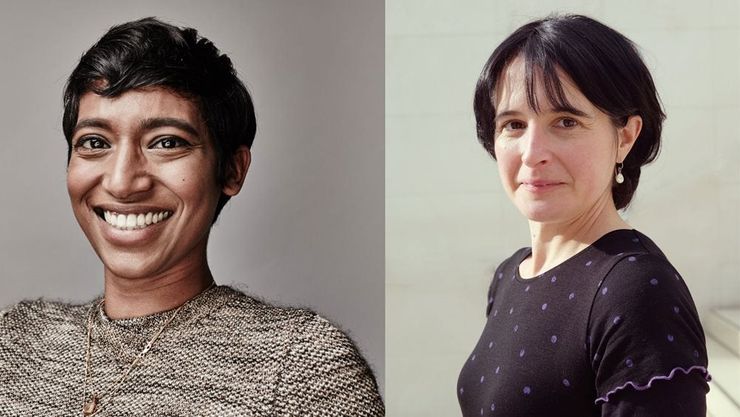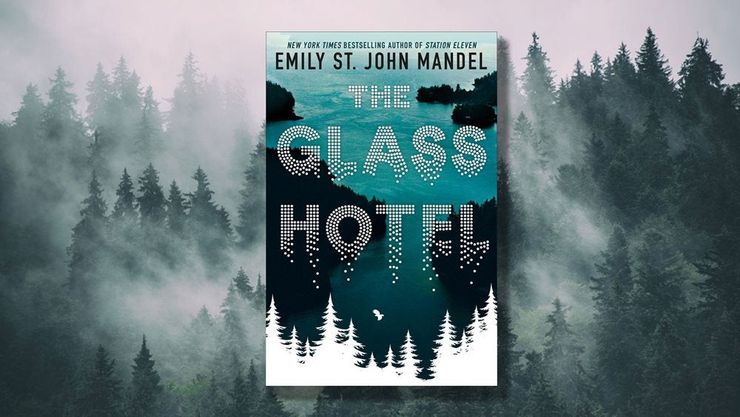Sylvia Brownrigg on revisiting Pages for You
Sylvia Brownrigg describes the journey that led her to revisit characters Anne and Flannery two decades on in her new novel, Pages for Her.

First published in 2002, Pages for You is the story of a delirious love affair between Flannery, a young, unformed university student and Anne, a teacher she meets in a chance encounter. Sylvia Brownrigg has revisited these characters two decades on in her new book Pages for Her, a novel that explores memory and what it is to be a woman, a wife, and a mother. Here, Sylvia shares the journey that led her to write the book.
Some stories stay put. The characters know their place—between the two covers—and the author knows it, too. After the novel is finished, the writer gradually separates from the people she has lived with over the years-long course of writing. Iris Murdoch once said about characters from her previous novels that they were like “friends who had moved to Australia”: you remember them fondly, but are not really in touch any more.
Other stories, and the characters within them, seem to travel beyond the boundaries of the book that houses them. Readers of those novels feel an itch to know what happened to those people after, and express that curiosity in letters or emails to the author. Eventually, prompted by such questions, the author herself may begin to wonder.
This happened with the characters in my novel Pages for You, a love story about two women, Flannery and Anne, and their intense, short-lived affair. For Flannery, at seventeen, it is her first foray into love during her freshman year at university, a period of explorations and self-discovery and the embarrassments that can go along with both. Flannery’s adoration of the beautiful, older Anne is entire, and her heartbreak when Anne ends the relationship feels inevitable, but is sweet and bitter nonetheless.
What happened next? How did Flannery grow up, finally? Did Anne find happiness with the man for whom she left Flannery? And—the overarching question, of course—did the two women ever meet again?
Pages for You ends with a few hints in that future direction: not as a tease, or a kind of subliminal advertisement for any possible sequel, but because I too already wondered where the two women would go from that point.
The first novel was dedicated to a friend of mine, and I spoke to her a few times over the years about revisiting those characters in another book. The story I imagined changed as I myself changed; I moved, married, had children. When my friend died, the story I imagined changed again, and for a period it seemed any novel of Flannery and Anne could only be suffused with grief.
Finally, I was ready to embark on Pages for Her—not at all knowing ahead of time what would unfold, all these years later, between Flannery and Anne.
Pages for Her is a story about turning points in a person’s life. Flannery and Anne have each, in quite different situations, arrived at a place of reckoning with the decisions they have made and the women they have become. The novel is a dive into the choices thoughtful women face about marriage, motherhood and work—and love. It explores the joys and difficulties of the sacrifices each requires.
When the two women meet again, in rediscovering each other they discover a mirror image of themselves: this is who I might have been, this the love I might have had. It may seem strange to say, but the moment of the women encountering one another was exhilarating to write. (The daytime scenes; and yes, the night time scenes as well.) For fifteen years I had asked myself, as others had asked me, what would happen if the paths of these two women who had meant so much to each other were to cross once more.
I allowed myself to find out.


